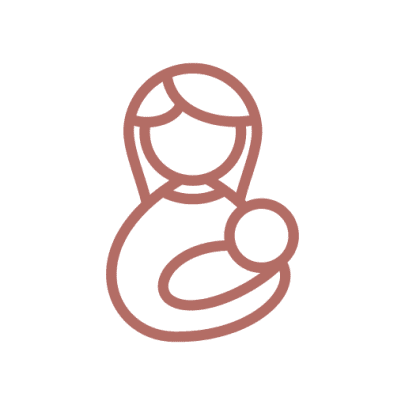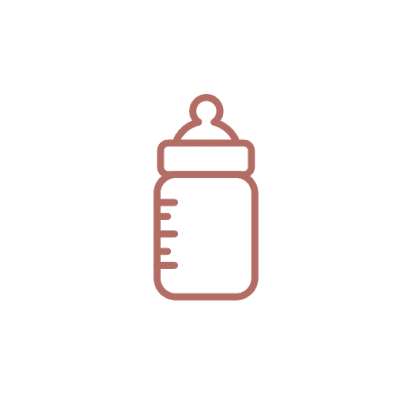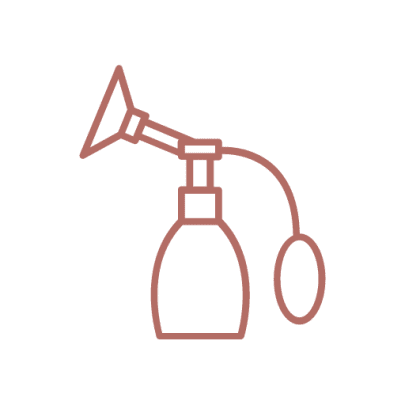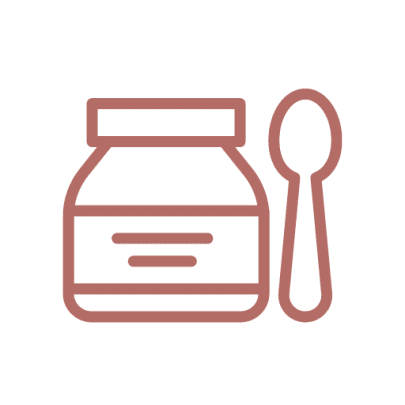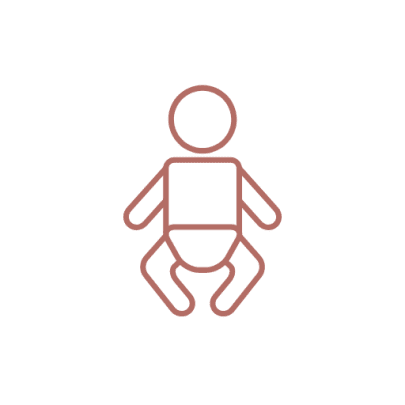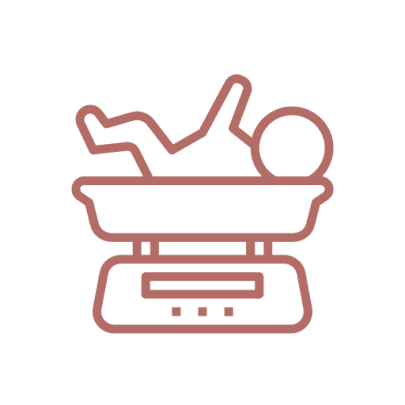Just like during pregnancy, what you eat while you are breastfeeding is important for your baby’s wellbeing and development..
There are a couple of things that you should take notice of regarding your food intake while breastfeeding, and a couple of things to avoidl.
Do’s
- Increase your vitamin intake. Try to maintain a well balanced diet, with lots of fruit and vegetables.
- Try to eat five portions of fruit and vegetables throughout the day
- For vitamin A and vitamin C, you can include broccoli
- Sunshine is fantastic as it is a great source of vitamin D.
- Minerals are also important while breastfeeding. It is important for the mother to get her RDA of minerals such as Selenium, Zinc and Calcium.
- For calcium, you can have milk and related dairy products. Other good sources for calcium may include tahini, spinach, almonds, white bread, tofu, dried figs, calcium enriched soya milk, and sardines. Though if your baby is prone to colic or reflux you should modify your dairy intake.
- Foods like fish, hard cheese, lentils, whole meal bread, cashew nuts, baked potatoes, sardines, and red meat all provide a good zinc content
Dont’s
- Don’t drink alcohol while you are breastfeeding. Alcohol is transferred to breastmilk.
- Try to reduce tea and coffee.
- Try to minimise Sweetners like Saccharin.
- Processed foods should also be avoided, especially those that contain a long list of additives.
- Peanuts are not recommended, as it can leave traces of allergens in the breast milk.
- Try to avoid “gassey” foods like baked beans, cauliflower etc, as these can upset your baby
- Oranges, Tomatoes, and Kiwifruit are also quite acidic foods to have in moderation.
Overall there is no special breastfeeding diet. All you need to do is to focus on having a well-balanced diet. However, if you have some doubts and queries regarding your diet in the breastfeeding days, you are recommended to consult your doctor.

